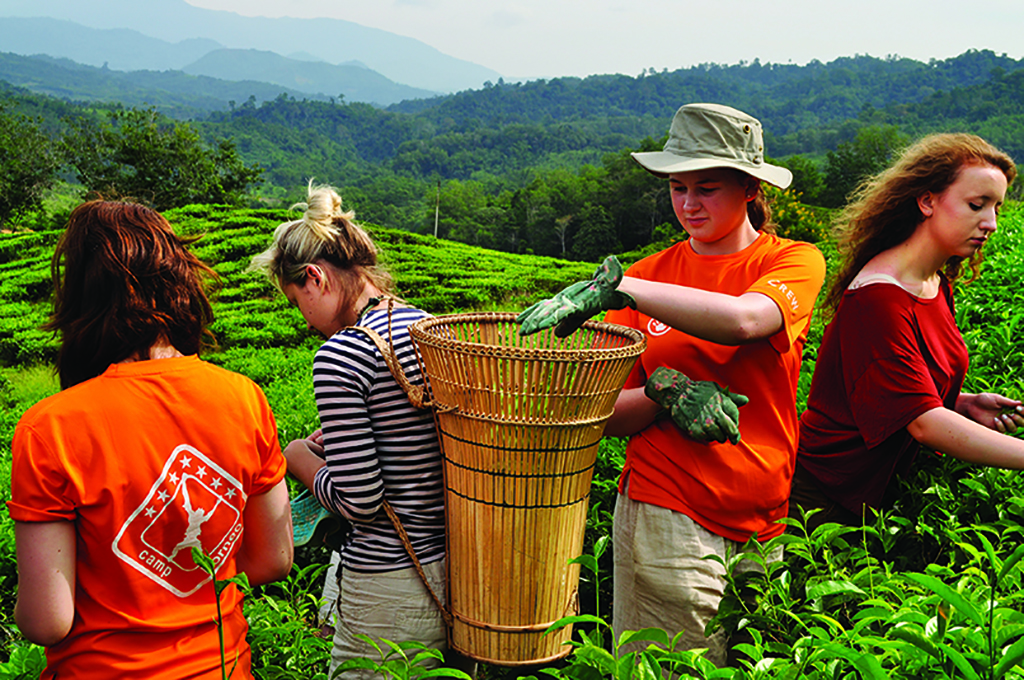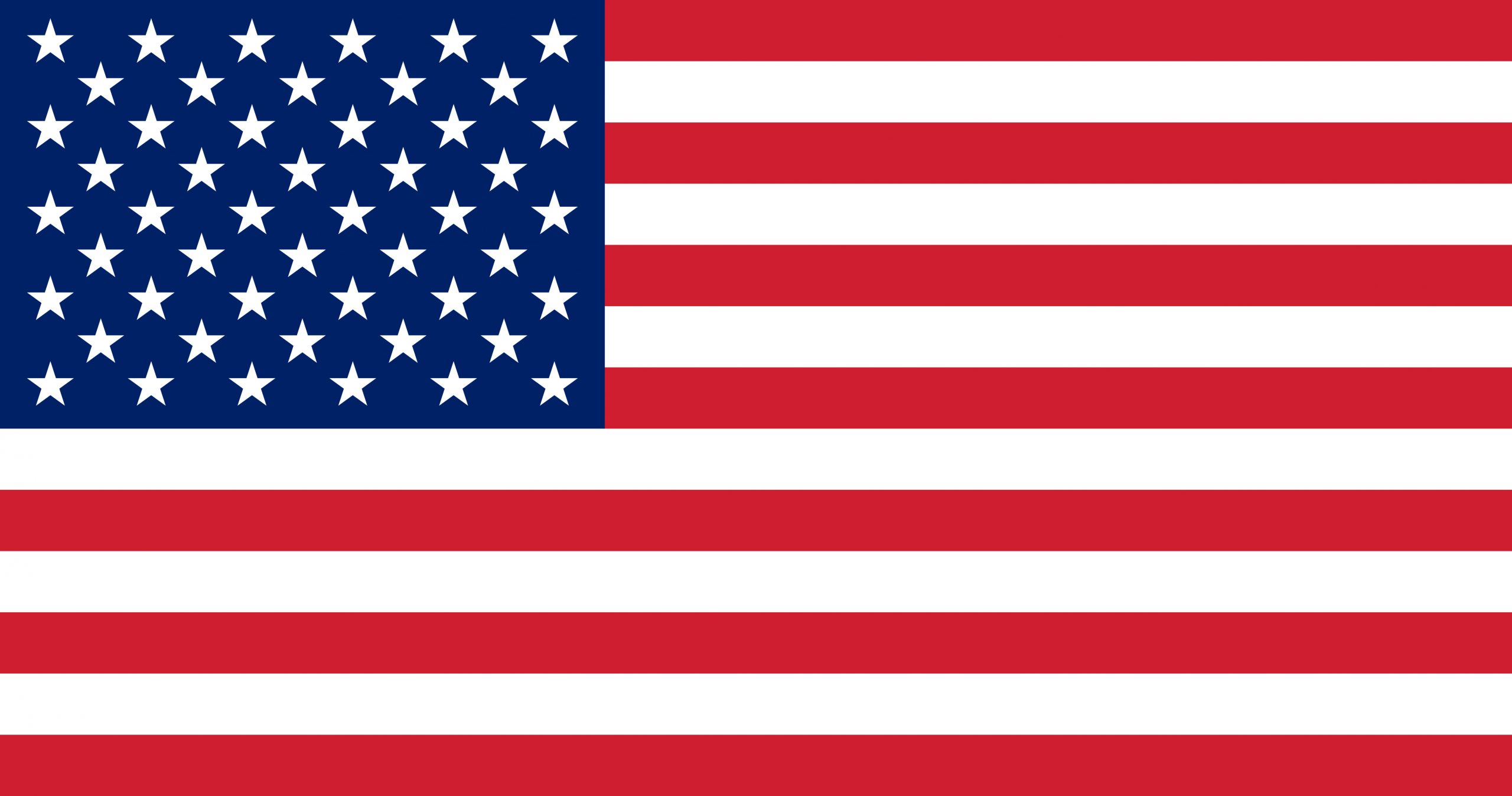Real World Studies: Teaching Sustainable Development

Date: April 5, 2021
The last year of my working life has been dominated by a single project – our new academic program called Real World Studies.
It was during one of those months early in 2020 that now all blend together when Kim Warner, Camps Global Marketing Manager, suggested we could send lesson plans to keep the students in our schools connected to our camps. Kim and I worked with Chris Hoare, a geography teacher, on getting the project up and running, and we became a tight team as the project grew and grew. Quickly it was clear that it was going well, far beyond a few lesson plans.
Working in the UK, Costa Rica, and Dubai respectively, we have used Design Thinking as a guide. Design Thinking is a working method that uses the established practices of designers in broader business or academic contexts. Empathetic investigation leading to understanding of an issue, collaborative working and prototyping leading to completion are the key components of this practice.
The idea of Real World Studies is, broadly, to use our camps, our projects and our on-the-ground staff in the education of students. Those students can’t travel, but we can bring the projects, issues, and solutions that our communities are working on into the classroom. By linking the materials to the UN Sustainable Development Goals and to curricula, we can support teachers in their classrooms and, we hope, we can enliven the learning of the students. They can have a chat with the very people in Kenya, Cambodia, or Peru who are living and breathing the topics that they are studying in their normal syllabus. To download these resources for free, click here.
We hope and believe that this is a support to teachers as opposed to something extra that they need to be managing. We have found that the structures of education in the UK, Canada, and the USA, for instance, are very, very different and how a teacher can use the resources that we are offering in each of those countries is therefore not the same at all. The materials need to strike a balance between being broadly applicable and being laser focused on curricula needs. Our ever-expanding band of teachers, working with Chris in their areas of specialty, has made sure that we respond to this issue correctly.
The first Connect with Camps digital meetings were between students in a school in Marlowe, to the west of London, and our Costa Rica crew. It was exactly what I thought it would be – a wonderful chat about our projects, their challenges and their successes, with interesting, engaged, and articulate students. Its ultimate achievement was helping those students sustain a sense of the globe while they were unable to leave their own houses.
Since then we have had dozens of calls with students from the UK, Canada, the USA, Mexico, and the UAE, each of which had its own character and objectives. For example, one group of students made mock-ups of chocolate marketing materials while looking at income generating schemes with low environmental impact with our Ecuadorian team. Many groups of students have dug deep into the issues on which our projects focus and sought to understand the ramifications of them in both national and international contexts; we have had students grappling with the details of goat deworming in Kenya and others discussing, with our staff in Cambodia, the very immediate concerns for water security in the face of a changing climate. In one memorable meeting, we had a bird noise making competition in a conservation-focused Zoom session, which was of course won by our Costa Rican staff. At the moment, we have some students involved in a sequence of meetings aimed at creating artistic responses to the issues around deforestation.
Some of the conversations have been in Spanish, which has sometimes been challenging for the participants; speaking and listening in a foreign language through digital media and with a mask on is just not simple. These Spanish interactions led perhaps the most extraordinary sessions: 9 hours of connection between students from a Mexican school and a community in Ecuador, in which the former were teaching the community members English and computing skills.
I think we can say that Real World Studies has already been successful. While we have not been able to have our groups in our communities, we have, through Real World Studies, been able to create virtual experiences for students and our communities and staff. It is not the same, but it is the best that COVID-19 allows.
As we move towards that great day when we will be able to fly again, to interact as human beings in each other’s presence, Real World Studies is taking on a slightly different personality: with the possibility of travel, it becomes a preparation for travel instead of, or as well as, a virtual expedition. We hope that it can be both of those things for many years to come.
To learn more about Camps International and to access our free resources click here.
By: Damian Scott-Masson
Damian is Camps International’s Vice-President for Latin America and is a former teacher. He is based in Costa Rica.


